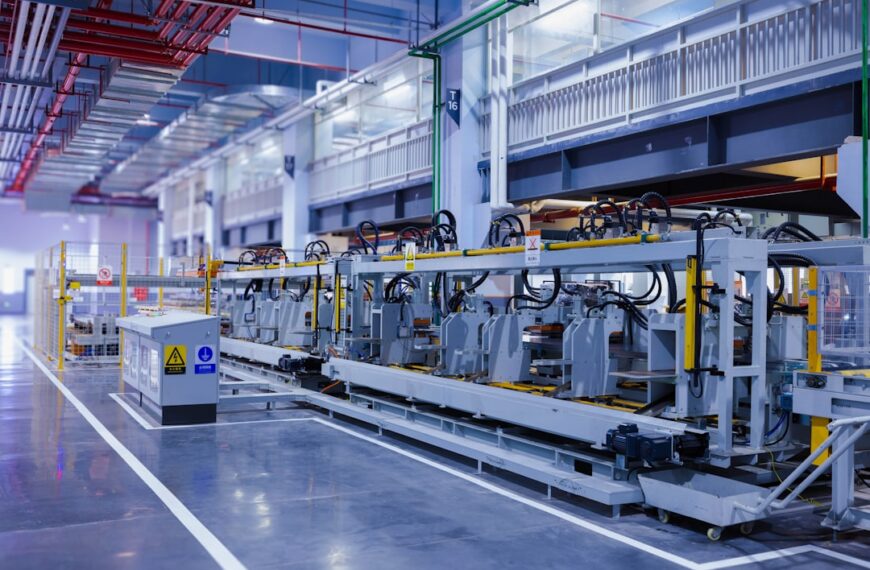The planet is warming, and its effects are undeniable. Rising sea levels, extreme weather events, and desertification are forcing people from their homes, creating a new and significant global phenomenon: climate migration. This isn’t simply about individuals relocating; it’s a massive societal shift reshaping economies and fundamentally redefining opportunity, both for migrants and for the communities that receive them.
The economic impact is multifaceted and profound. For source countries, the loss of skilled labor and productive agricultural land can cripple economic growth. Brain drain, particularly of younger, more educated populations, can severely hamper long-term development. The cost of disaster relief and recovery, exacerbated by climate change, further strains already fragile economies. Conversely, receiving countries face their own challenges. Sudden influxes of migrants can strain infrastructure, housing, and social services, leading to potential social tensions and increased competition for resources. However, migration can also inject new energy and talent into economies. Migrants often bring with them skills and entrepreneurial drive, filling labor shortages and contributing to innovation.
But the redefinition of opportunity is perhaps the most transformative aspect. Climate migrants are often forced to leave behind established livelihoods and social networks, facing immense uncertainty about their future. The opportunity for them lies in adapting, learning new skills, and finding new avenues for economic participation. This requires robust support systems: access to education and job training, affordable housing, and healthcare are crucial for successful integration and for migrants to contribute fully to their new communities. Simultaneously, receiving regions must adapt their economies to accommodate this influx, potentially creating new industries and fostering more inclusive growth models.
The challenge, therefore, isn’t simply about managing the movement of people. It’s about proactively shaping a future where climate migration is not solely a source of hardship and displacement, but also an opportunity for positive adaptation and growth. This requires international cooperation on multiple fronts: mitigating climate change to reduce the root causes of migration; supporting source countries in adapting to climate impacts; and developing effective policies to manage and integrate climate migrants in receiving countries. Investing in climate-resilient infrastructure, promoting sustainable development, and fostering inclusive economic policies are essential steps in building a more equitable and resilient world for all. The future of climate migration will ultimately define the future of our economies and the very fabric of our societies. Ignoring it is not an option.












